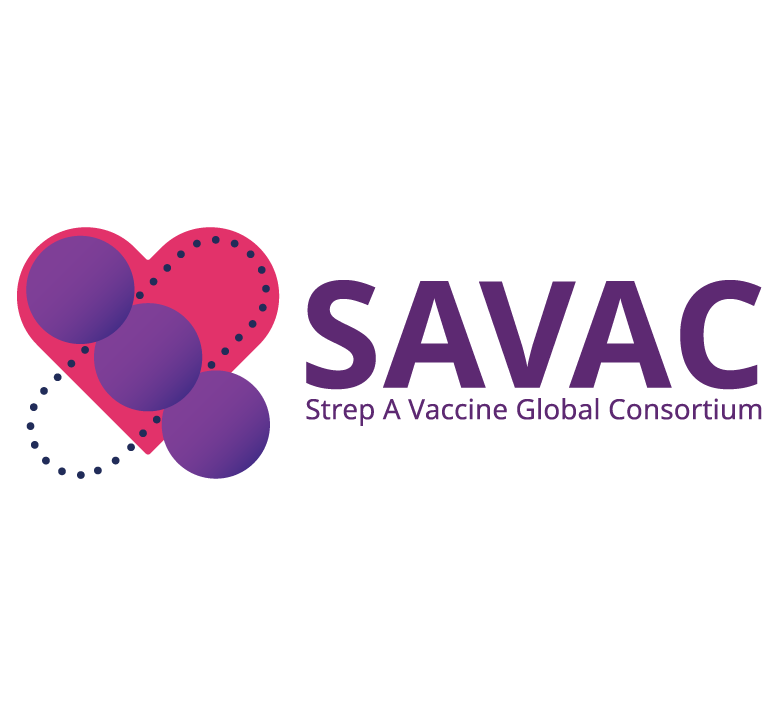Search

Research
Strep A Vaccine Global Consortium (SAVAC) 2.0The mission of SAVAC, the Strep A Vaccine Global Consortium, to ensure that safe, effective and affordable Strep A vaccines are available and implemented to decrease the burden of Strep A disease in the most in need.
Research
Antimicrobial resistance in Staphylococcus aureus and Enterococci spp. isolates from bloodstream infections in Australian children, 2013 - 2021Rising proportions of antimicrobial resistance (AMR) have been observed in both Staphylococcus aureus and Enterococcus spp. isolates.
Research
Antibody responses against influenza A decline with successive years of annual influenza vaccinationInfluenza vaccine effectiveness and immunogenicity can be compromised with repeated vaccination. We assessed immunological markers in a cohort of healthcare workers (HCW) from six public hospitals around Australia during 2020-2021.
Research
The Unintended Impact of COVID-19 Associated Non-Pharmaceutical Interventions on Paediatric Hospital Admissions: An Interrupted Time Series AnalysisCOVID-19 related non-pharmaceutical interventions (NPIs) disrupted global healthcare utilisation, with notable declines in infection related paediatric hospitalisations. We aimed to identify non-infectious paediatric conditions for which the incidence of hospital admissions increased during the introduction and alleviation of NPIs in 2020.
Research
Longitudinal observational research study: establishing the Australasian Congenital Cytomegalovirus Register (ACMVR)Congenital cytomegalovirus (cCMV) is an important cause of long-term childhood disability. In Australia, the identification and treatment practices and the long-term clinical and neurodevelopmental outcomes of children with cCMV are unknown.
Research
Impact of vaccine mandates and removals on COVID-19 vaccine uptake in Australia and international comparators: a study protocolVaccination against SARS-CoV-2 was a crucial public health measure during the COVID-19 pandemic. Among the multiple strategies developed to increase vaccine uptake, governments often employed vaccine mandates. However, little evidence exists globally about the impact of these mandates and their subsequent removal on vaccine uptake, including in Australia, France, Italy and the USA.
Research
Improving the detection of congenital syphilis: reviewing test utility and adherence to recommendationsWestern Australia (WA) has experienced a resurgence of congenital syphilis. Appropriate microbiology testing of the neonate is recommended to confirm infection, including syphilis immunoglobulin M (IgM), rapid plasma reagin (RPR) paired with a maternal sample, and polymerase chain reaction (PCR) on placenta and nasal swabs.
Research
Pneumo-BNA: Using Bayesian network models to facilitate a microbiological diagnosis in childhood pneumonia: development of a clinical decision support toolChristopher Peter Tom Blyth Richmond Snelling MBBS (Hons) DCH FRACP FRCPA PhD MBBS MRCP(UK) FRACP BMBS DTMH GDipClinEpid PhD FRACP Centre Head,
Research
Respiratory Syncytial Virus Reinfections in Children in Western AustraliaRespiratory syncytial virus (RSV) reinfection in children is poorly understood. We examined the incidence, characteristics, and outcomes of hospital-attended RSV reinfections in children <16 years in Western Australia between 2012 and 2022.
Research
Clinical predictors of hypoxic pneumonia in children from the Eastern Highlands Province, Papua New Guinea: secondary analysis of two prospective observational studiesPneumonia is the leading cause of death in young children globally and is prevalent in the Papua New Guinea highlands. We investigated clinical predictors of hypoxic pneumonia to inform local treatment guidelines in this resource-limited setting.
